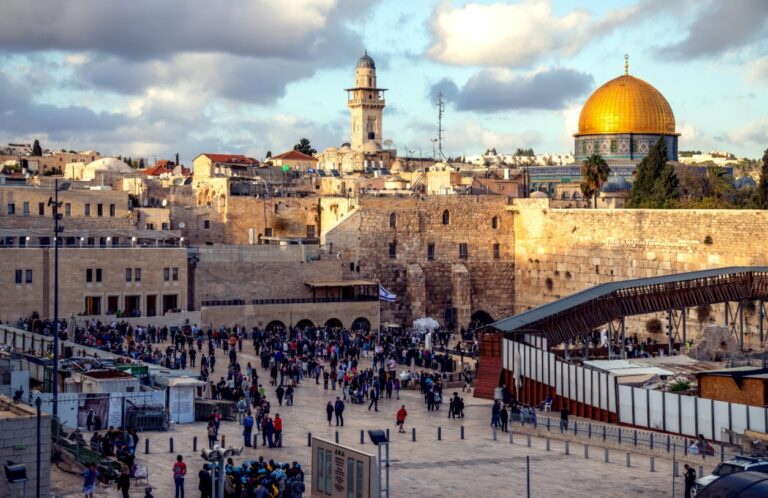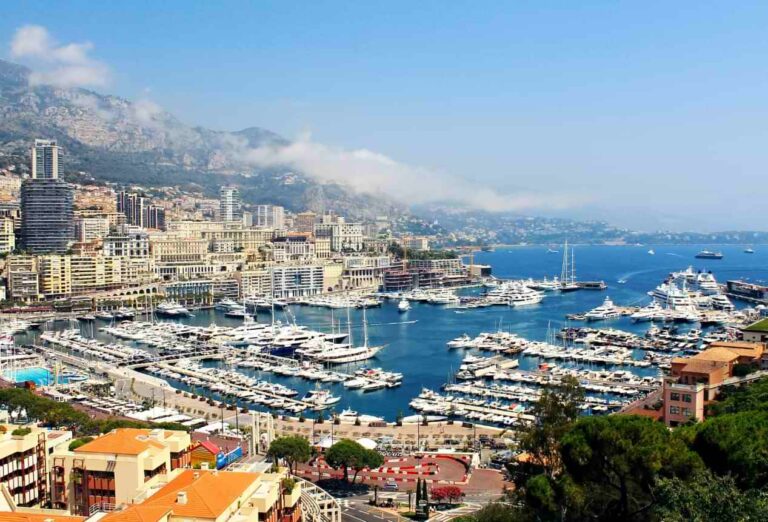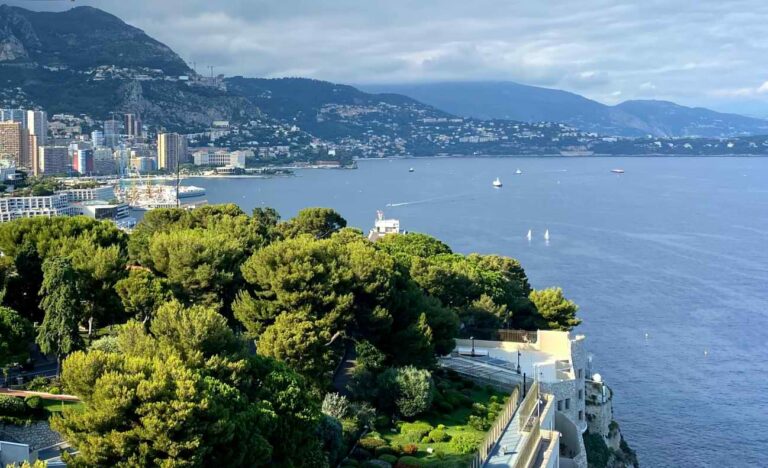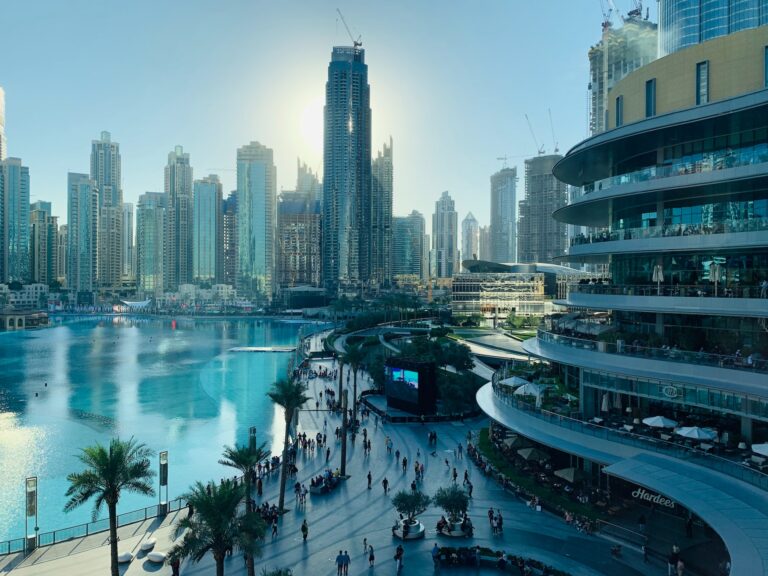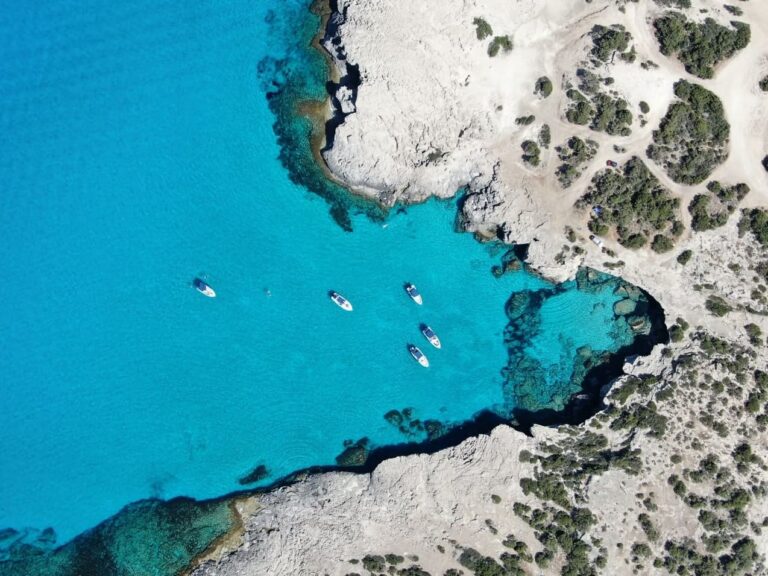The Principality of Monaco is known among tourists for its luxury, casinos, Formula 1 Grand Prix, and beautiful locations.
But this small country of just 30,000 inhabitants is also very attractive as a permanent residence, offering security, social and economic stability, quality education and health systems, and, above all, no or low taxes.
It is no coincidence that the likes of Bono, Boris Becker, Lewis Hamilton, and Nico Rosberg among others have chosen this paradise as a place to live. In fact, it is said that one in three Monaco residents is a millionaire.
However, despite what many believe, Monaco is no longer a tax haven: it does have very low taxes, but both the European Union and the OECD have removed it from the list of non-cooperative jurisdictions or tax havens.
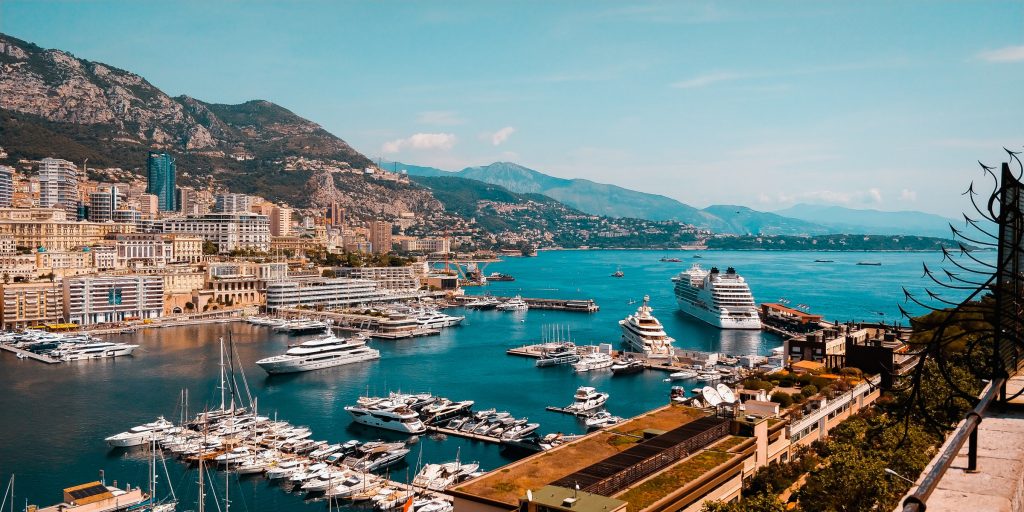
We have recently assisted several clients in their move to Monaco, so we will summarize the basics in this article.
How to get a Monaco permanent residence?
If you want to obtain residence in Monaco, all you have to do is apply to the Monégasque authorities for a residence permit.
Nationals of the EU and the European Economic Area only need to have a valid identity card or passport before starting any procedure and fill in the forms of the Monégasque government, as long as a series of requirements are met.
Requirements for living in Monaco
The evidence and documentation required to obtain residency in Monaco depend very much on the situation of each individual. However, in all cases, in order to obtain residency in Monaco you will need the following:
- A home in Monaco:
– Purchase of a house or flat
– Being the manager of a company owning a flat
– Renting a house or a flat
– Living with a husband or wife who has a flat at his or her disposal. - Financial sufficiency (good standing certificate):
– Salary
– Sufficient income as a freelancer
– Sufficient savings (the sum must be guaranteed as sufficient by a Monégasque bank)
– Proof of maintenance by husband, wife, or close relative. - Criminal record or background check from the countries of origin and residence for the last 5 years before the change of residence to Monaco.
Main obstacles
- Rent: renting a small flat costs between 4,000 and 5,000 Euros per month.
- Bank certificate: A Monégasque bank must determine financial sufficiency to live in Monaco. In practice, there is no homogeneous criterion. However, in our experience, the minimum required is usually 1,000,000 euros of assets.
- Three months minimum stay: the Monaco authorities ensure that you have been residing in Monaco for at least three months per year in order to renew your residency. They are very strict and proof must be provided by means of electricity, gas, and credit card consumption in the country.
Is it possible to reside in Monaco if you are a non-European citizen?
Nationals of other countries must apply to the French embassy for a type-D visa allowing them to reside in Monaco before they can start the formalities for residence in Monaco.
Therefore, non-EU nationals will have to contact their consulate or the French embassy in their country of residence before starting any other procedure.

What taxes are paid? Is it considered a tax haven?
The general principle of taxation in Monaco is the total absence of any direct taxation, with no personal income tax in Monaco and no corporate income tax for companies operating mainly inside the Principality.
In this respect, individuals resident in Monaco don’t pay any taxes in Monaco, as their personal income is taxed at 0%. The exception is French citizens who have to pay taxes in France even though they live in Monaco.
In this respect, there is therefore no taxation on investment income, capital gains, dividends, or income as an employee, freelancer, or director.
Monaco is the ideal place of residence for entrepreneurs with personal or freelance businesses, IT people with patents, large cryptocurrency holders, professional sportsmen (including e-sports), poker players, and of course HNWI.
In fact, we have recently helped people in the cryptocurrency world to relocate to Monaco as they are taxed at 0% on gains on sale or exchange.
Is there any corporate income tax?
Although there is no corporate income tax in Monaco as such, there is direct taxation of the net profits of certain companies.
In this respect, industrial or commercial companies that derive more than 25% of their turnover from outside the Principality, as well as companies whose business in Monaco consists of receiving income from patents or from literary or artistic copyrights, are subject to a 25% tax on profits.
Beware of Monégasque inheritance and gift taxes
Although Monaco is a country with no income tax and limited corporate income tax, its inheritance and gift taxes are often overlooked.
Inheritance tax in Monaco can be 0% for the spouse and children of the deceased but can be, for example, 8% for siblings or up to 16% for unrelated persons.
Also, if you have assets located in Monaco that you want to donate, they will be subject to inheritance tax.
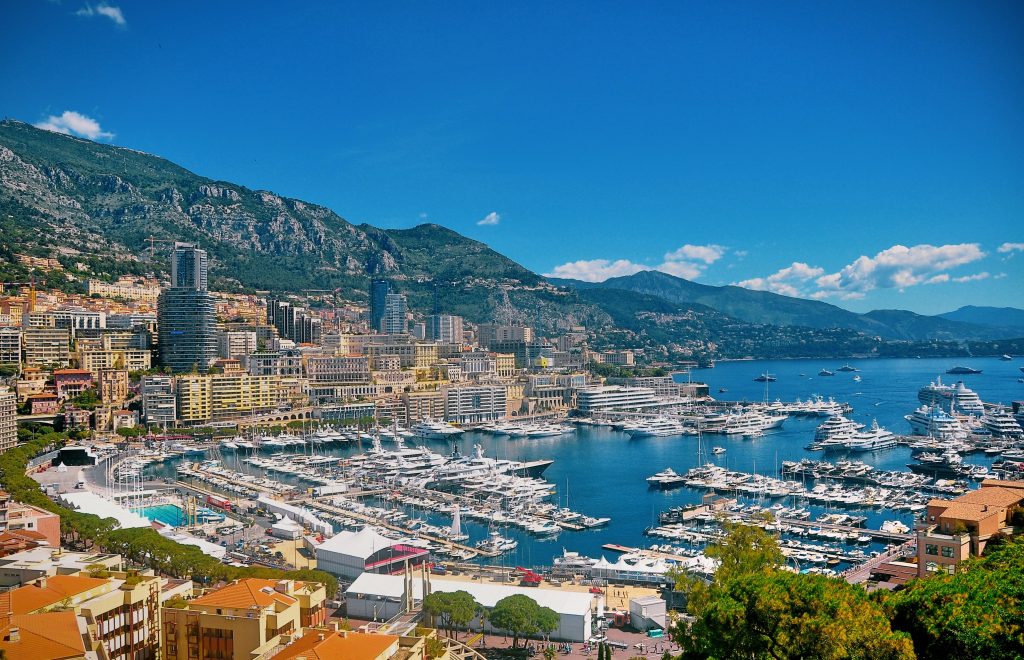
Conclusions about the taxation
- Taxation in Monaco involves a total absence of direct taxation except in specific cases.
- Monaco does not levy taxes on capital gains and does not levy net taxes.
- The Principality has a corporate income tax which can be as high as 33.33% in certain cases.
- Monaco has no property taxes, but rental property is taxed at 1% of the annual rent plus other applicable charges.
- There is an inheritance and gift tax.
- Monaco is no longer a tax haven according to the OECD and the EU, Monaco is simply a country with no direct taxation.
How to take the first step?
At Relocate&Save we have been helping entrepreneurs, high-net-worth individuals, sportsmen and women, and people from the world of cryptocurrencies to transfer their tax residency to Monaco for years.
In fact, our presence and contacts in Monaco make us an ideal travel partner for this arduous task. So if you have questions about Monaco and would like us to help you with the process, please write to us at [email protected].
If you are interested in changing your tax residence to Monaco, we recommend you to download “The definitive guide to living and paying taxes in Monaco”, available for free below.
Sources:
- “Monacy residency“, a comprehensive guide by MonacoAdvisers
- “Monaco taxes“, also by MonacoAdvisers
- Residency section of the Principality of Monaco official website


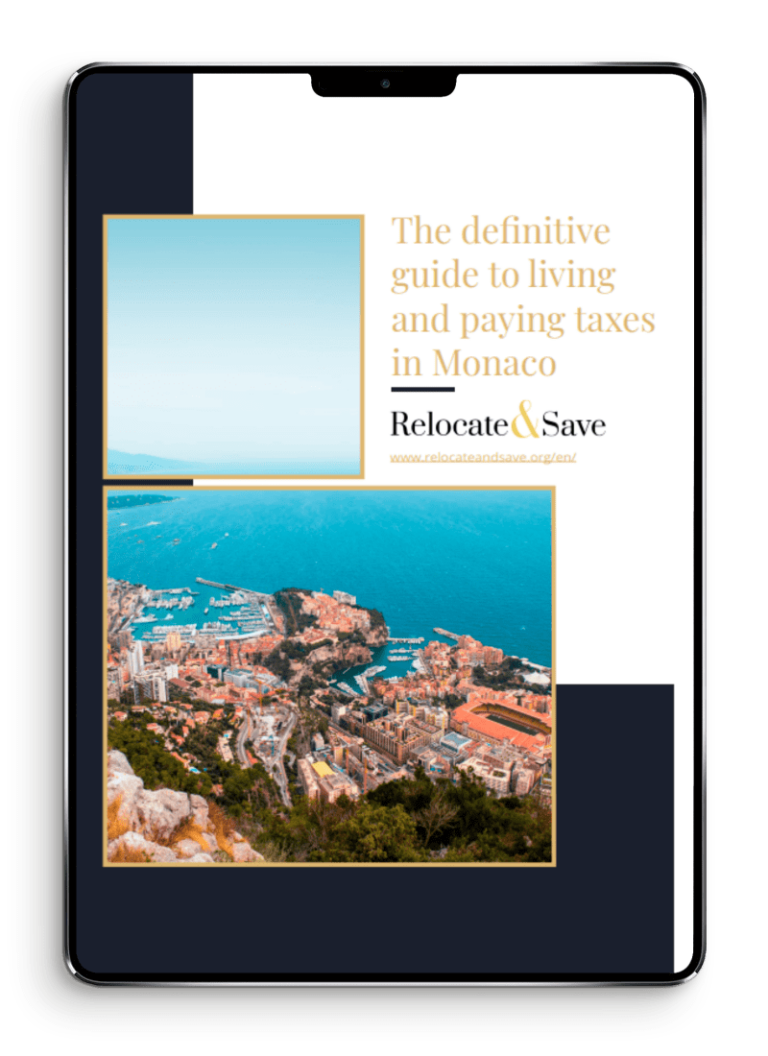
 All communications are encrypted and will be treated with absolute confidentiality. Your data will never be shared with third parties.
All communications are encrypted and will be treated with absolute confidentiality. Your data will never be shared with third parties. 